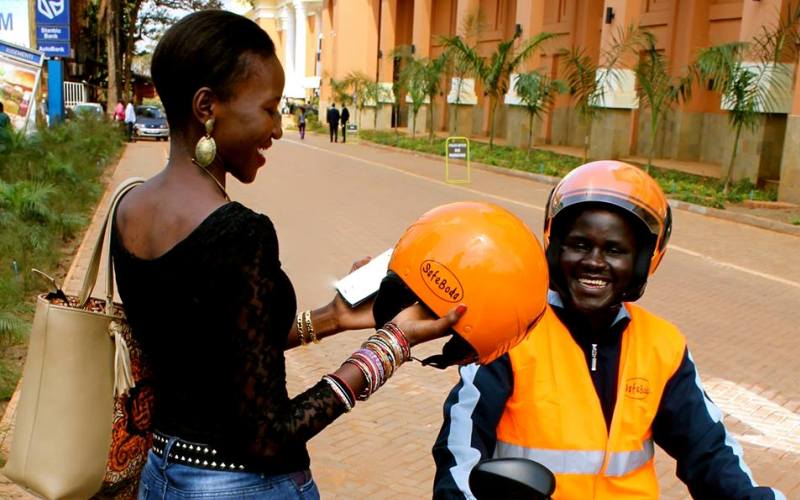Market analysis by Soland Associated Consults Limited, in collaboration with Tom Courtright, aimed at understanding the current state of helmet distribution and usage in Kampala released three weeks ago discovered that approximately one in 20 motorcyclist passengers in Kampala own and regularly use helmets. The main reason for not wearing helmets all the time was discomfort and overheating, resulting from a widespread belief amongst passengers that it is unnecessary to use helmets.
From November 2021 to January 2022, the study also revealed that the state of helmets established the highest ownership among the employed riders, which stood at 93.3 per cent, followed by boda boda riders at 91.4 per cent. Despite the high percentage of ownership, only 14 per cent of motorcyclists moved with their helmets but didn’t wear them. Seventeen per cent didn’t have helmets. Unfortunately, helmet ownership among passengers remains at a worrying 5.8 per cent.
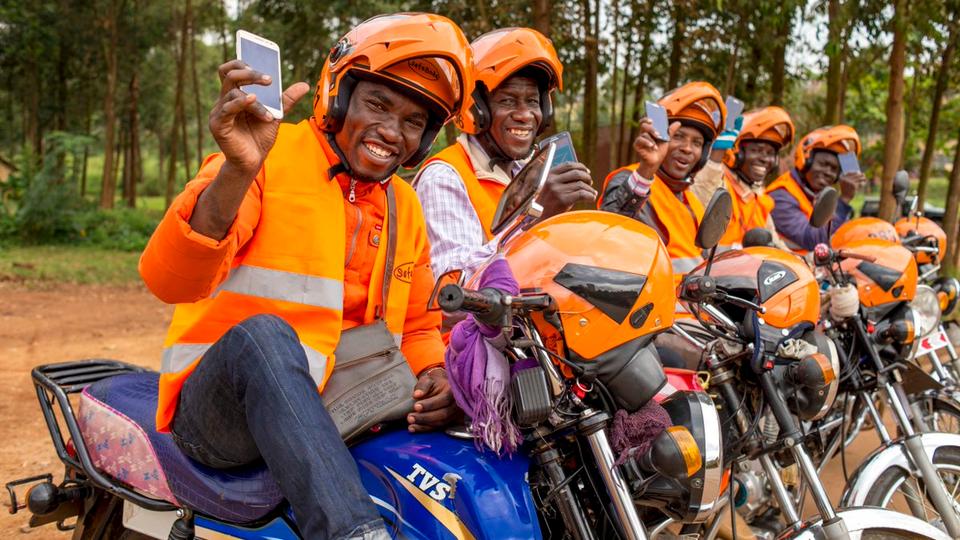
The need for safety
Motorcycles are known to be one of the most dangerous means of motorised transportation due to their combination of high speed and recklessness. Riders and passengers wearing high-quality helmets can help to reduce injury rates on our roads.
According to the 2021 Annual Crime and road safety report, 4,159 road crashes were recorded countrywide. Of these, 1,390 involved motorcycle riders, while 528 were passengers on motorcycles. These figures translate to approximately four people dying from boda-boda crashes per day and around 116 every month.
The Spokesperson of the Traffic Directorate, Faridah Nampiima, reechoes similar sentiments: for every five crashes, four involve motorcyclists and their passengers. Last month (October) alone, Nampiima says 257 people died in road crashes, primarily due to boda bodas.
“When you wear a helmet, the chances of surviving death due to head injuries increase. Stop looking at helmets as gear that causes you discomfort by wearing or carrying it. However, as a lifesaver that you should wear every time you use a motorcycle,” Nampiima says.
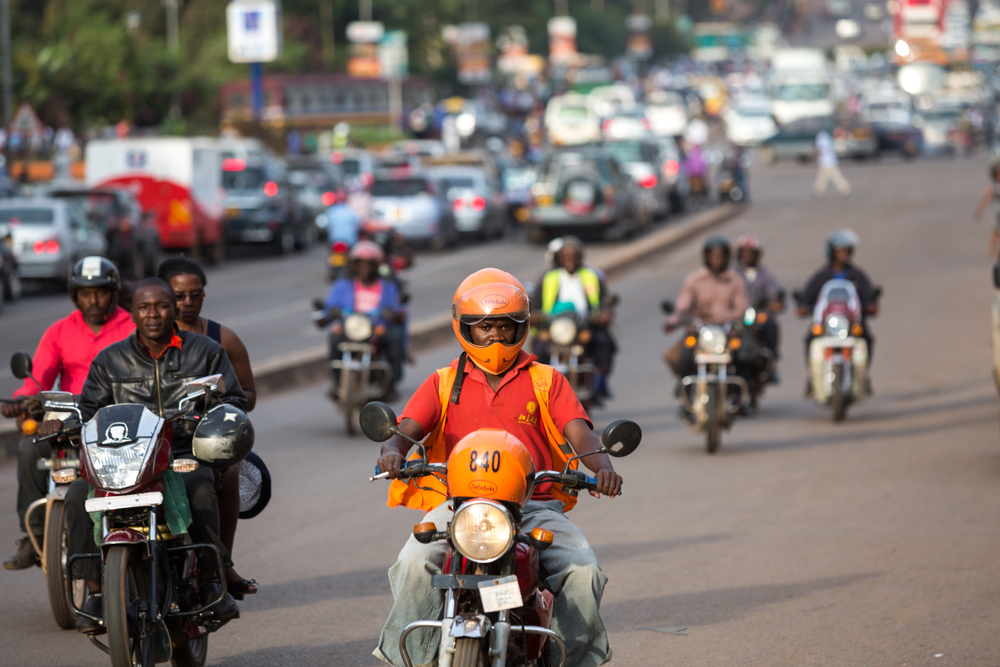
In Uganda, trauma is the fifth highest cause of health burdens, and road crashes account for 48 per cent of all injuries. While the cost of medical care can vary, serious crashes usually cost millions of shillings,
The East and Central African Journal of Surgery conducted a study on the impact of bodaboda motor crashes on the budget for clinical services at Mulago Hospital in 2016. The study concluded that road Traffic Crashes (RTCs) were the leading cause of trauma, and bodabodas were involved in 41 per cent of all trauma patients. The average length of stay in the hospital is 8.3 days, and the average cost per patient per day is Shs700,359 or the equivalent of US$369, equivalent to Shs1.3m. A standard quality helmet costs approximately Shs100,000. Boda boda injuries consumed 62.5 per cent of the budget allocation for the surgery directorate.
Types of helmets
Uganda’s most common motorcycle helmets are the half-face, full-face, modular, and half-shell. Critically, full-face helmets are the safest category of motorcycle and passenger helmets.
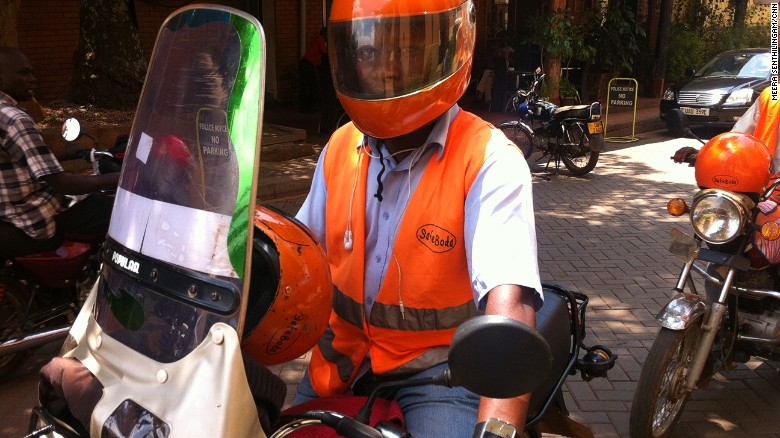
According to the analysis commissioned by Safe Way Right Way Uganda, full-face helmets, including the subcategories of modular, road, and off-road, provide the highest amount of safety. Yet on the streets of Kampala, half-face helmets are around five times more common than full-face helmets and remain the overwhelming favourite amongst riders. Modular helmets, also known as flip-up helmets, are liked for their ability to flip up the chin bar. These types of helmets are used by Safer riding advocating companies such as SafeBoda.
Cost of a helmet
A helmet of recommended standard and quality for a regular rider or passenger ranges between shs70,000 to Shs90,000m. However, depending on your buying type, it can cost as much as Shs150,000. Some of Kampala’s helmet distributors include Toyota Uganda Limited, Yuvraj, Verma Co, Top Bikes, Gomet Auto Parts Limited, Honda, Haojue, and Dura Motors at their different outlets in Kampala.
When to replace your helmet
Helmets expire when they get a severe defect, such as cracking, missing an inner shell, not having a strap, or after five years of use, whichever comes first. The expiry is because glue and other components can degrade over time. An analysis found that approximately 86 per cent of helmets on the road in Kampala are barely two years old. This finding means that most helmets are not making it to the expiry date.
Helmet defects
Helmet defects are pretty common in Kampala. The most common faults are cracks, missing straps, missing inner shells, and missing or unusable visors. All these have different impacts on usage. Cracked helmets, for instance, cannot protect you from severe injury. These helmets should be discarded after the damage because their design enables them only to take one significant impact.
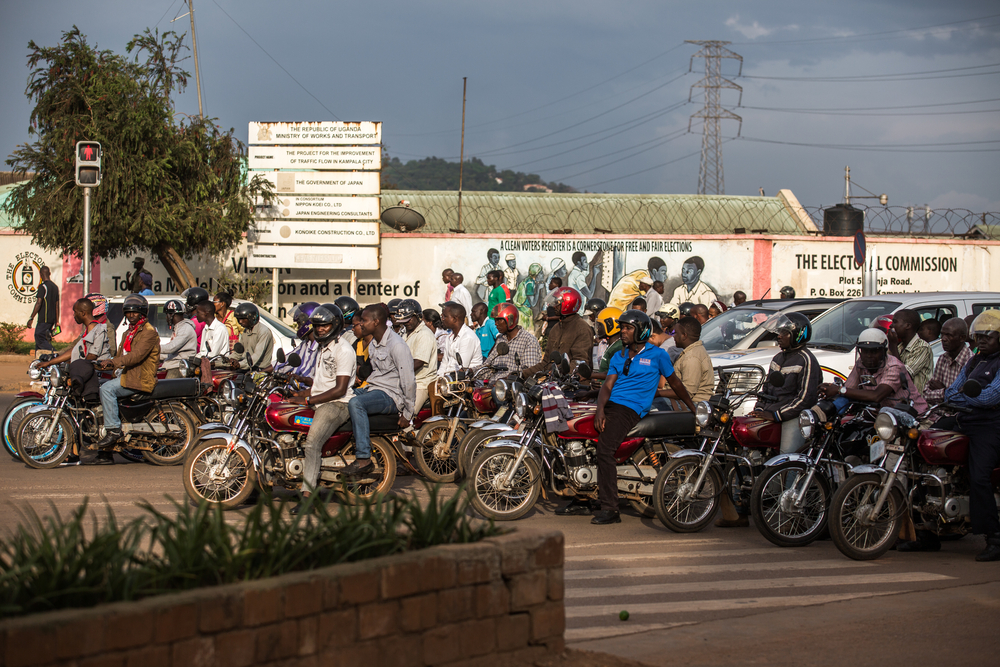
Lacking an inner shell, which is there to cushion the head in case of impact, significantly diminishes the helmet’s usefulness in a crash. Missing straps reduce the effectiveness of helmets in crashes by reducing the likelihood that the helmet will still protect your head during impact. On the other hand, missing or unusable visors can increase the likelihood of crashes. Taken together, around half of the helmets on the road in Kampala have defects that make them unfit for purpose – yet they continue to be deployed by users.
Distribution of helmets in Uganda
The market comprises few helmet distributors but very many retailers. The distributors are also involved in the sale of motorcycles and respective spare parts. Between 2018 and 2021, traders imported approximately 2,858,170 helmets into the country.
A significant increase was observed from 2019 to 2020, from 658,722 to 841,597, respectively. However, the numbers imported reduced to 751,923 in 2021, possibly due to the Covid-19 lockdown.
Share this article
Written by : Derrick Nasasira
Roland D Nasasira is Road Safety Journalist and All-around Features Writer @DailyMonitor, Car enthusiast and Traveller. He is also a member of the Land Rover Uganda Club.

